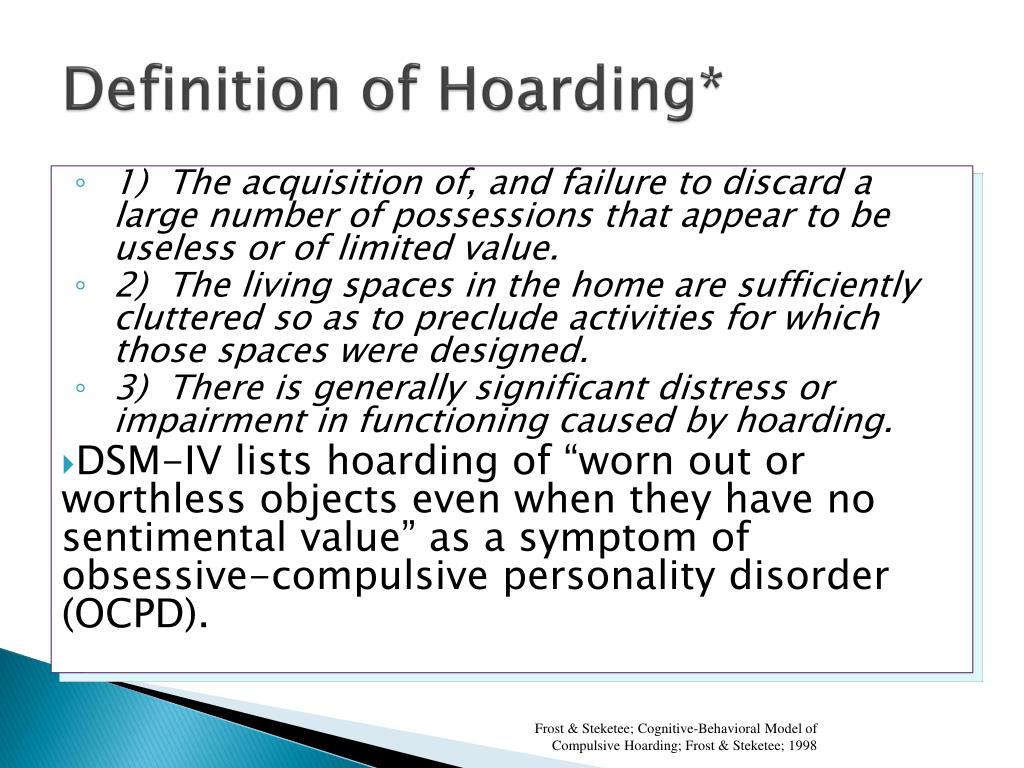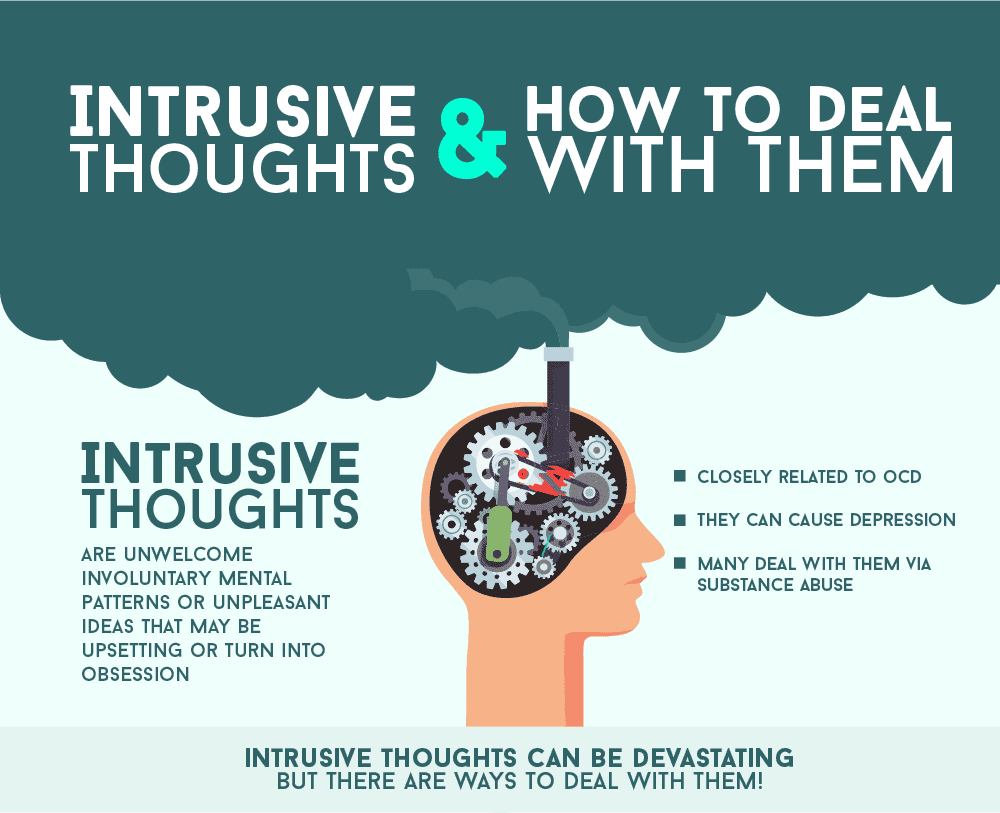
Checking compulsionsĬompulsions related to checking might involve: Like obsessions, compulsions often fit into a few major categories. For example, you might tap a specific area of a wall before leaving the house because you feel it helps to prevent getting in a car accident on your way to work. For example, you might check, unlock, and relock your front door seven times before leaving to prevent a break-in.īut in other cases, they might be totally unrelated. Sometimes compulsions are related and relevant to an obsession. This can take up hours of your day.Ĭarrying out these compulsions brings about a sense of relief from an obsession, but this feeling is usually short-lived. You may feel the need to repeat these behaviors over and over even though you don’t actually want to be doing them.

This type of obsession goes beyond perfectionist traits. Obsessions about needing things to be orderly or perfect forgetting to lock your home or office, which could be burglarized as a result.unintentionally leaving the stove on or an appliance plugged in and causing a fire.accidentally hitting a person or animal when driving.poisoning someone by using the wrong ingredient or accidentally including a toxic substance when cooking.With this type of obsession, you might worry you’ll cause an accident or disaster. acting on unwanted images or intrusive thoughtsĪgain, having these obsessions doesn’t mean you’ll act on them.having an outburst of aggressive, rude, or obscene language.stealing something or breaking other laws.It’s not uncommon to worry you’ll act on impulses or intrusive thoughts. Obsessions about losing control or acting on your impulses Part of what makes them so distressing is that you don’t want to act on them. It’s important to keep in mind that having these kinds of obsessive thoughts doesn’t mean you’re going act on them. fears that ordinary behaviors are wrong or immoral.


These obsessions involve thoughts and worries about things that could make you dirty or sick, such as: There are several types of obsessions, and it’s common to experience more than one type. As a result, you might try to avoid everything that triggers these thoughts. Even if you’re aware they aren’t real and know you won’t act on them, you may still feel distressed and worry you could act on them. Obsessive thoughts can interrupt your daily life, upsetting you and making it hard to do things you want to do.


 0 kommentar(er)
0 kommentar(er)
